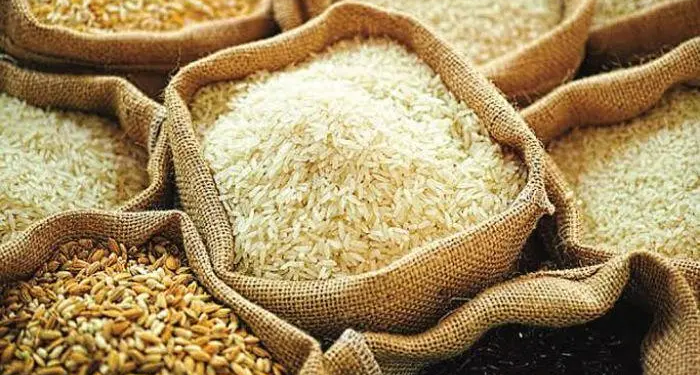Cross-Border Women Traders Caution Against Blanket Import Restrictions on Rice and Maize
The Cross-Border Women Traders Association Ghana has urged Government and policymakers to carefully distinguish between illegal smuggling and legitimate trade under the ECOWAS Trade Liberalization Scheme (ETLS) in the ongoing debate over restrictions on rice and maize imports.
In a statement, the Association acknowledged the concerns raised by the Chamber of Agribusiness Ghana regarding smuggling and unfair competition but stressed that legally imported goods under the ETLS should not fall under any restricted ban list.
“The ETLS is a cornerstone of ECOWAS regional integration, designed to facilitate free movement of goods, promote intra-African trade, and empower small and medium-scale enterprises across borders. Any blanket restriction that includes ETLS-compliant imports risks undermining Ghana’s commitments to regional trade protocols and could disadvantage legitimate cross-border traders, especially women and youth who rely on this scheme for their livelihoods,” the Association stated.
Key Considerations
The group highlighted four issues for Government’s attention:
Goods traded under ETLS are not smuggling, as they follow established legal, customs and quality-control procedures.
The scheme strengthens Ghana’s leadership in ECOWAS by ensuring fair competition and regional reciprocity.
Thousands of women and youth depend on ETLS for their livelihoods, and restrictions could collapse these gains.
A balanced policy approach is needed to protect local farmers while upholding regional trade obligations.
Call to Action
The Association is calling on Government to clearly separate smuggling from legal ETLS trade in all policy directives, strengthen border surveillance to curb illegal inflows, and facilitate smooth passage for ETLS-compliant traders.
It also urged the convening of a multi-stakeholder dialogue involving farmer associations, agribusiness chambers, and trade groups to agree on a balanced framework.
“Ghana’s food security and farmer welfare are crucial, but they must be safeguarded in a way that also upholds regional trade commitments and sustains the livelihoods of small traders,” the Association emphasised.







